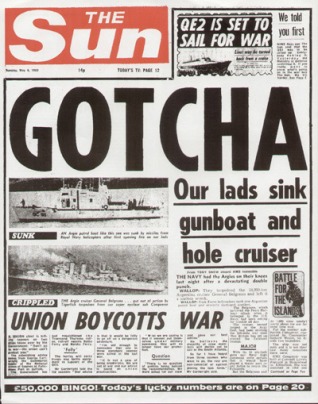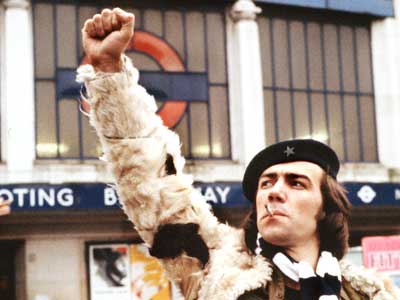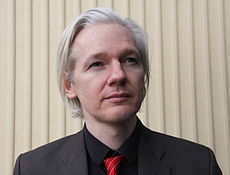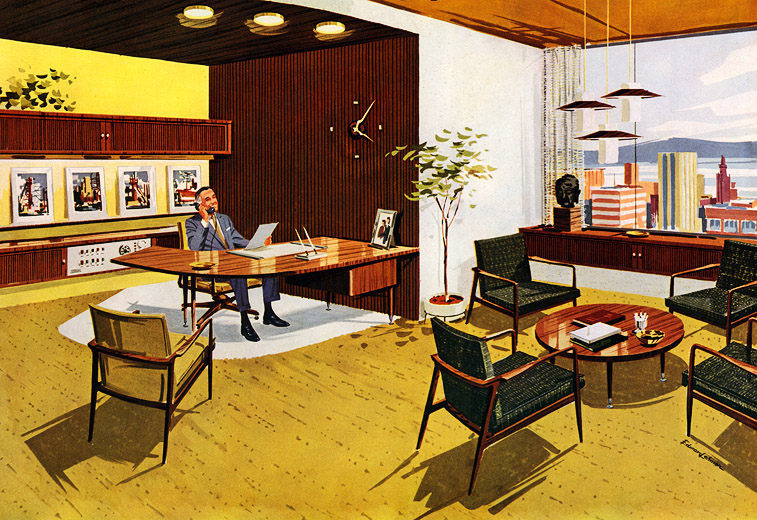 Baa Humbug! Santa never seems to get me what I ask for. Is a yacht and a royal flush of Vegas show girls too much to ask? The answer appears to be yes. Instead, I got the usual selection of humorous and worthy books, a couple of items for the kitchen and a new pair of slippers. The gap between living the dream and reality has not been this wide since the Christmas of 1997 when I asked for a Nintendo and got a moth in a presentation case. It's a little bit funny but, at times like these, my mind regularly wanders to a doleful refrain, 'If only I was Elton John.'
Baa Humbug! Santa never seems to get me what I ask for. Is a yacht and a royal flush of Vegas show girls too much to ask? The answer appears to be yes. Instead, I got the usual selection of humorous and worthy books, a couple of items for the kitchen and a new pair of slippers. The gap between living the dream and reality has not been this wide since the Christmas of 1997 when I asked for a Nintendo and got a moth in a presentation case. It's a little bit funny but, at times like these, my mind regularly wanders to a doleful refrain, 'If only I was Elton John.'As various documentaries, interviews and articles over the years have demonstrated - what Elton wants, Elton gets, and the the Rocket Man wants a lot. His spending is legendary. In the year 2000 the High Court heard how he managed to spend £30 million in twelve months. It was revealed that he spent a staggering £293,000 on flowers alone over a 20 month period. His Windsor home contains 70,000 cds and each Monday he receives an update from HMV about new releases so he can order multiple copies for each of his four homes. But what's the harm? He is a wealthy and talented man so why not let man him indulge himself with these harmless fancies?
 I suppose that if his self-indulgence was limited to spending his own money on millions of pounds of tat then it would be fine. Unfortunately, it seems that his retail therapy was a sign of a greater malaise. He has spoken publicly about his drug and alcohol problems. "I thought drug addicts were people who stuck needles in their arms - and I was the biggest junkie there was. I came very close to dying. I'd have an epileptic seizure and turn blue and people would find me on the floor and put me to bed, and then 40 minutes later I'd be snorting another line." Drugs or shopping? Psychologists have long recognised that shopping brings about a profound, but short lived, feeling of euphoria, hence, the need to repeat the process. It's not called retail therapy for nothing.
I suppose that if his self-indulgence was limited to spending his own money on millions of pounds of tat then it would be fine. Unfortunately, it seems that his retail therapy was a sign of a greater malaise. He has spoken publicly about his drug and alcohol problems. "I thought drug addicts were people who stuck needles in their arms - and I was the biggest junkie there was. I came very close to dying. I'd have an epileptic seizure and turn blue and people would find me on the floor and put me to bed, and then 40 minutes later I'd be snorting another line." Drugs or shopping? Psychologists have long recognised that shopping brings about a profound, but short lived, feeling of euphoria, hence, the need to repeat the process. It's not called retail therapy for nothing.So why am I talking about Sir Elton? Yesterday, it was announced that Sir Elton and his partner David Furnish have become parents to a son born to a surrogate mother in California. Zachary Jackson Levon Furnish-John was born on Christmas Day. The baby is a healthy 7lb 15oz and the new parents said, "We are overwhelmed with happiness and joy at this very special moment." The birth follows the couple's attempt to adopt a 14 month old HIV boy from the Ukraine last year. It ended in failure when the Ukrainian authorities failed to recognise the validity of the civil partnership that they entered into in 2005 and they though Sir Elton, at 63, was too old.
The case provokes some interesting questions: surrogacy, civil partnerships and same sex adoptions. All of which I am going to ignore today. They continue to be controversial and the debates rage on. I am sure I will return to them. However, what has always struck me about the issue of childless couples and the explosion in IVF and other remedies is that, to me, it reflects a rather unsettling development in our society: let's call it, 'Don't go breaking my heart' syndrome' - a manifest inability to accept you just can't always get what you want.

In my lifetime, our culture has seen a remarkable turnaround. It is not that long ago that Michael Cain's character, Harry Palmer, in the Ipcress File was considered a gourmand for buying tinned champignions. Back in the 1970s, with the exception of antibiotics, medicine had barely progressed beyond the leeches and bleeding stage for the general population. Most importantly, the almost complete absence of credit meant that people were used to waiting, saving and making-do.
I am no Luddite. Over-cooked liver and bacon, anyone? Who can doubt the huge benefits that medical innovation has brought and even the expansion of credit has helped to democratise many experiences in life that were previously closed to large sections of our population. However, it is not hard to see the down-side as well. Obesity is at levels where it is possible that average life span may decline, medical science's ability to keep people alive is threatening to bankrupt the NHS and the dangers of credit are obvious. The fact is that we are caught between a crocodile rock and a hard place. The simple fact is that most of us simply don't know when to say 'when'.
I think that the baby making and adoption industries provide good examples of these movements in our society. The intention is not to demonise people who have had difficulty conceiving. However, I do think it reflects aspects of the 'you can have it all' society. There have been nearly four million IVF babies born since 1978. However, studies have shown that there are higher health risks associated with IVF babies, not just because of the techniques themselves, but because of the underlying health of the women carrying the baby or, very often, babies. Age plays a big part. These problems are often responsible for the difficulty in conceiving in the first place. The body is saying no but science and individuals are saying it is worth the risk - because of the quest for personal happiness.
 Like Elton, a large part of society is caught up in a desperate search for happiness and is over-indulging. Whatever the means available, does 63 years old sound like the time to be starting a family? It's not just reaching for the Quality Street. Elton could be in for a bit of a shock. Many studies have shown that parents are less happy than childless people. In a 2008 paper, sociology professor Robin Simon concluded that “parents experience lower levels of emotional well-being, less frequent positive emotions and more frequent negative emotions than their childless peers.” I love spending time with my children but a lot of parenting is just hard work. You have to get enjoyment from spending time with your children doing pretty mundane things. How many nappies will Elton be changing?
Like Elton, a large part of society is caught up in a desperate search for happiness and is over-indulging. Whatever the means available, does 63 years old sound like the time to be starting a family? It's not just reaching for the Quality Street. Elton could be in for a bit of a shock. Many studies have shown that parents are less happy than childless people. In a 2008 paper, sociology professor Robin Simon concluded that “parents experience lower levels of emotional well-being, less frequent positive emotions and more frequent negative emotions than their childless peers.” I love spending time with my children but a lot of parenting is just hard work. You have to get enjoyment from spending time with your children doing pretty mundane things. How many nappies will Elton be changing?A few years ago I was lucky enough to visit Hearst Castle in California. Randolph Hearst was a newspaper magnet and the inspiration for Orson Welles' Citizen Kane. In many ways he was the Elton John of his day. He had brought historical artifacts and architectural features from around the world to form a bizarre Tim Burtonesque vision. All the features had been robbed of their integrity. It was truly kitsch. Yet, within this architectural carnage I noticed that the vast medieval banqueting table was laid with bottles of ketchup. They seemed like the only authentic items in the whole place. A simple pleasure amongst Hearst's monumental vanity and appalling taste. What was the lesson?
 |
| Now, where do you begin? |












![[ Demo at City Hall ]](http://www.1in12events.co.uk/archive/publications/library/pickles/DEMO.gif)












